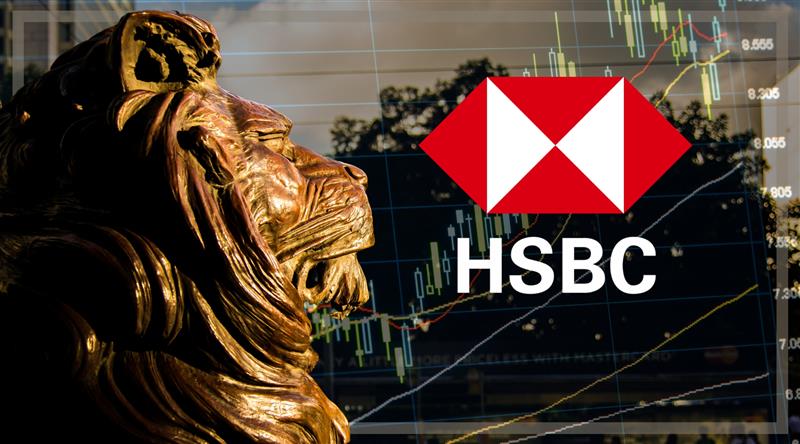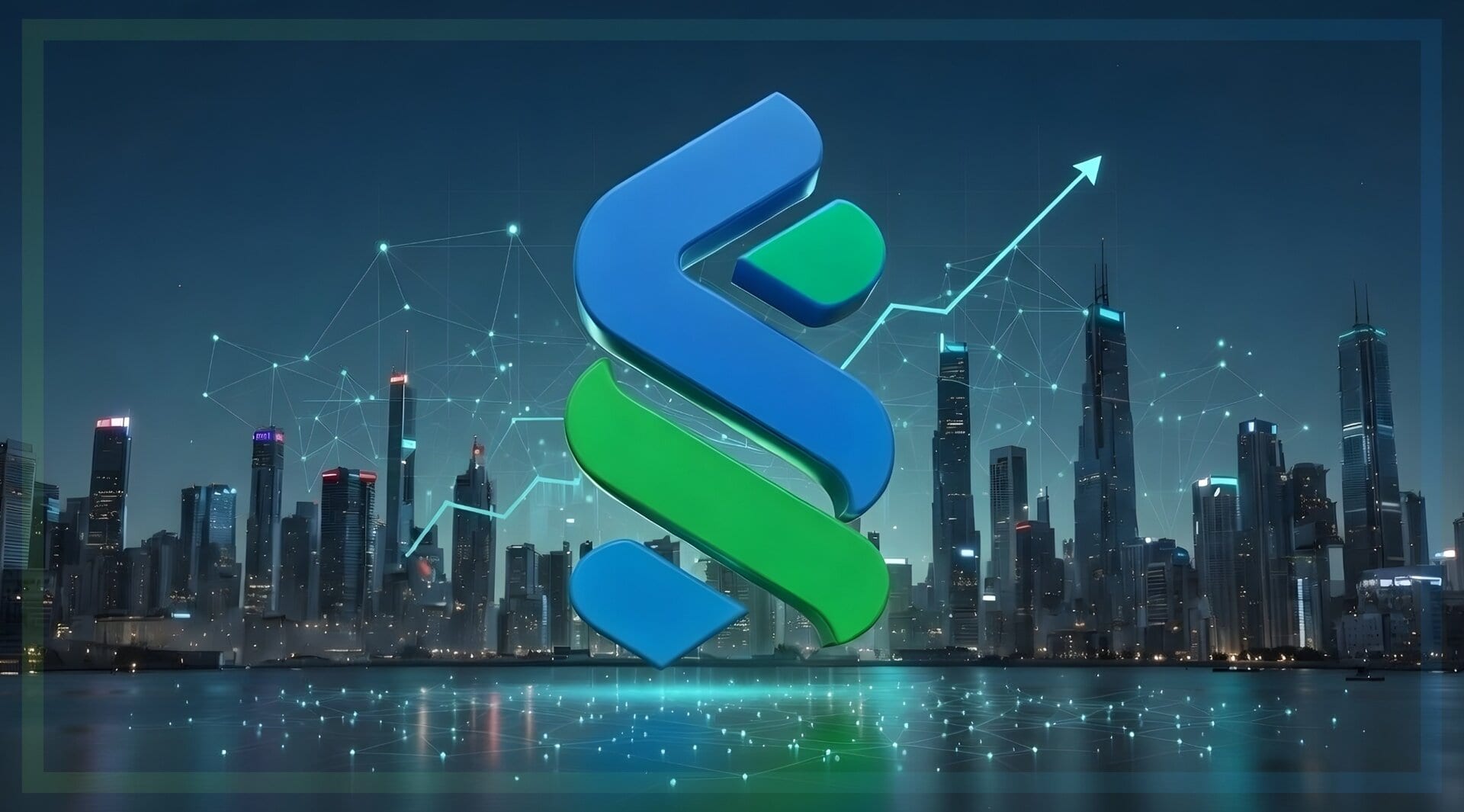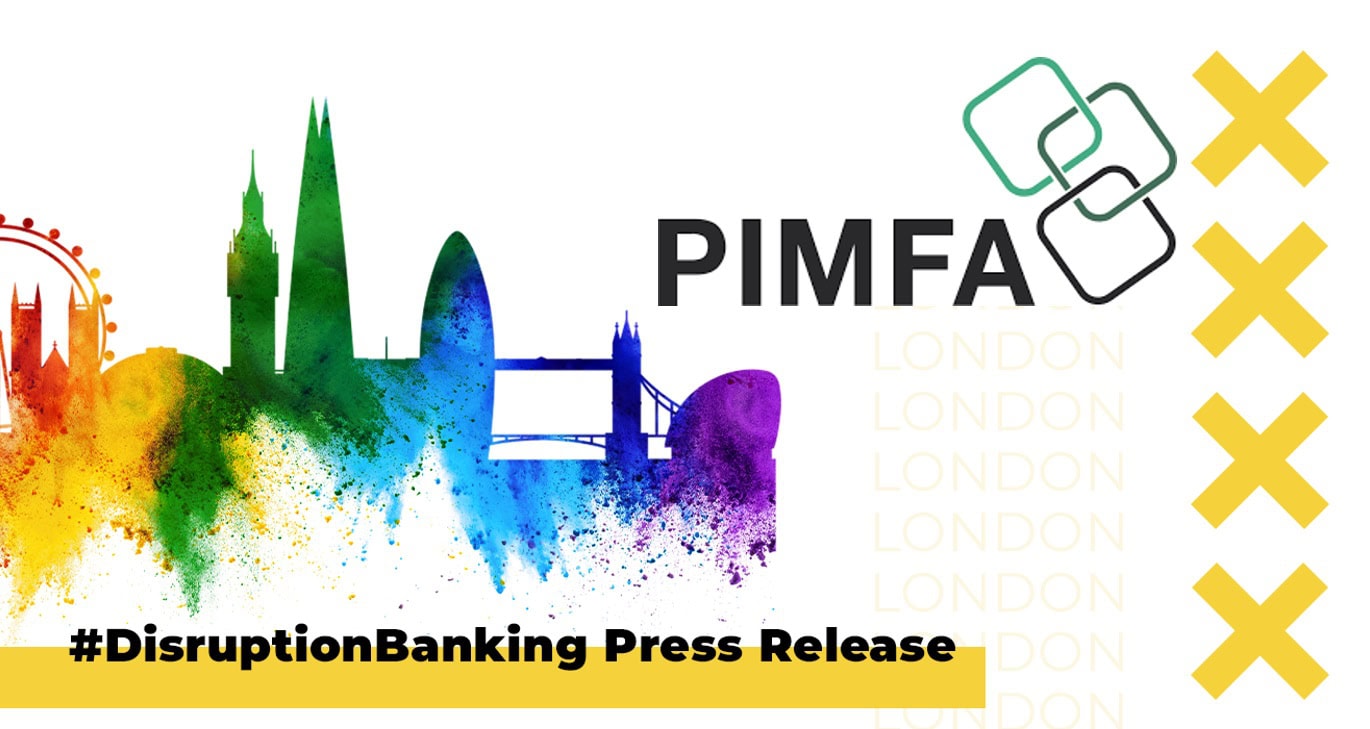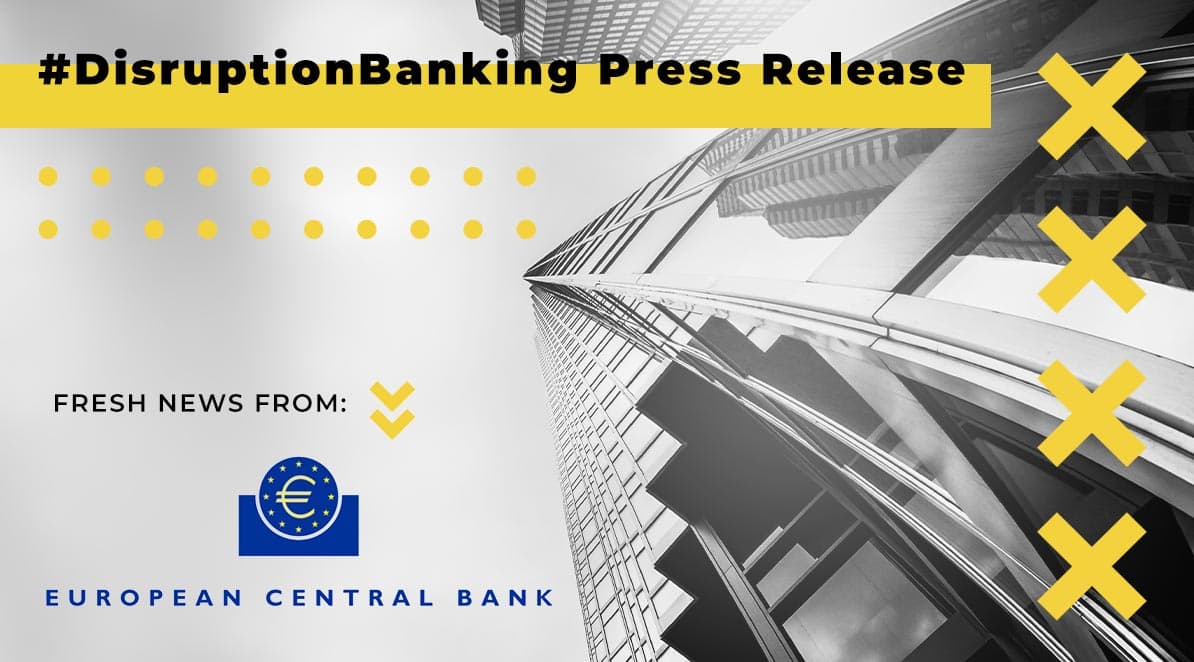Recent tensions between Venezuela and Guyana have damn near boiled over, ostensibly due to Guyana’s continued extraction of massive oil deposits off the coast of the disputed territory of Essequibo – a region claimed by Venezuela. The confrontation reached a peak on the 29th of December, when 6,000 Venezuelan troops engaged in military exercises just across the border, and a British warship arrived in Guyana at the same time.
For nearly 200 years, the two nations have quarreled over Essequibo. In December, Venezuelans voted in favor of annexing Essequibo, which accounts for two-thirds of Guyana. This caused panic in neighboring South American countries that have already been coping with the spillover of Venezuela’s problems.
Guyanese President Irfaan Ali and Venezuelan President Nicolás Maduro have recently pledged to refrain from military escalation, but given both sides’ steadfast claims to the land, it remains unclear how their differing visions of the border can be resolved without violence.
According to Guyanese President Iffaan Ali, the Venezuelan referendum is a “direct threat to Guyana’s territorial integrity, sovereignty and political independence.”
Essequibo “is not up for discussion, negotiation, or deliberation.”
Meanwhile, Maduro says: “We are solving through constitutional, peaceful, and democratic means an imperial dispossession of 150 years.”
But what exactly is this “imperial dispossession of 150 years” invoked by Maduro? Is it simply a bald-faced attempt to stoke nationalistic pride by a marginalized dictator in an election year or is there something to the claim?
Venezuelans are voting in a referendum Sunday called by the government of President Nicolás Maduro to claim sovereignty over a large swath of neighboring Guyana, arguing the territory was stolen when the border was drawn more than a century ago. https://t.co/Ua6oxOlNZ3
— PBS NewsHour (@NewsHour) December 3, 2023
The Dutch Disease Honeymoon
It’s no surprise that the Venezuelans are licking their lips over Essequibo. Guyana has ascended to the ranks of the Americas’ fourth-highest GDP per capita, behind the US, Canada, and the Bahamas, a position that Trinidad and Tobago once held during its “oil boom” heyday.
Exxon Mobil has stated its “long-term commitment” to continue operations in Guyana, despite rising tensions across the border. The company is producing about 600,000 barrels of oil a day and recently submitted a bid to investigate three additional areas in the region believed to contain oil deposits.
Guyana achieved 49% GDP growth in 2020, defying the global economic downturn induced by the Covid pandemic. This catapulted the nation into the echelons of the world’s fastest-growing economies.
Guyana is poised to emerge as one of the foremost per capita oil producers worldwide by 2030.
This discovery constitutes the most substantial addition to global oil reserves since the 1970s, bringing a shift in the dynamics of the international energy landscape.
A Reductive Geopolitical History of Essequibo
Before Europeans arrived, Essequibo was first inhabited by the Carib and Arawak, among other indigenous peoples. From the early 1600s to the 1790’s Essequibo was a Dutch colony. As time rolled on, more and more British planters came to the region to cultivate sugarcane.
Then, in the aftermath of the Napoleonic Wars, the Anglo-Dutch Treaty of 1814 was signed, which ceded to Great Britain the territories that would later collectively be known as British Guiana. Among them was Essequibo. However, no one knew exactly where the border was between British Guiana and the Spanish colony Venezuela.
In the 1830s, Britain hired a German-born naturalist Robert Hermann Schomburgk to draw a provisional border of the colony, later known as the “Schomburgk Line.” However, the newly independent Venezuela did not recognize the Schomburgk Line, insistent on its claim to the region.
A massive gold deposit was discovered in the 1850s, in the region which according to the Schomburgk Line, was part of Venezuela. Ignoring this fact, the British set up mines and extracted the gold. Hostility and resentment ensued, as a result of which diplomatic ties between Great Britain and Venezuela were severed.
Then, in 1895, William Lindsay Scruggs, a former U.S. ambassador turned lobbyist for Venezuela, strategically invoked the Monroe Doctrine. This doctrine asserted that the Western hemisphere was off-limits to European colonialism.
U.S. President Grover Cleveland got on board. taken off guard by the United States’ growing power and influence, Britain had little choice but to play ball. This consequently resulted in the 1899 Paris Arbitral Award.
The treaty brokered a deal between the United States, Russia, and the British government. Under this treaty, the U.S. and Britain were granted 2 votes each and Russia 1. The parties voted unanimously to grant British Guiana (now Guyana) control of almost all of Essequibo.
The United States, facing a formidable 3-2 majority with Britain and Russia voting in unison, ultimately accepted a significantly compromised deal. Despite dissatisfaction with the outcome, Venezuela acquiesced. The U.S. came away stronger, having strengthened its ties with South America and begun a century-long history of interventionism.
Half a century later, the revelation of a purported agreement between Russia and Britain in 1899 suggested that the treaty was a sizable conspiracy. Consequently, Venezuela challenged the 1899 ruling through the United Nations.
Ultimately, this led to the Geneva Agreement of 1966, which established Venezuela’s claim to the area on the left bank of the Essequibo River. The dispute then went into a decades-long state of hibernation.
Guyana, Venezuela, 11bn barrels of oil – and six centuries of colonial conflict | Kenneth Mohammed https://t.co/OVrWWOTK6X
— Global Development (@GdnDevelopment) December 14, 2023
Remember Essequibo!
Tensions resurged in 2015 when Exxon Mobil announced it had discovered a significant oil deposit 120 miles offshore of the Guyana coast. With an estimated 11 billion barrels of oil, Guyana now enjoys renewed interest among key players in the global oil industry, notably those from the U.S. and Great Britain.
Perhaps due to his political weakness, Maduro has sought to rally nationalistic fervor in his favor. What better way than to breathe life into an almost 200-year-old land dispute? Much like the U.S. calls leading up to the Spanish-American War to “Remember the Maine,” a sunken battleship, Maduro is asking the public to remember Essequibo, Venezuela’s stolen patrimony.
According to President of the Washington Office on Latin America Carolina Jimenez Sandoval, the average Venezuelan does remember Essequibo.
In Sandoval’s words: “Most Venezuelans grow up believing strongly that the Essequibo is part of Venezuela.”
Maduro’s Anxiety over the Election
And yet, none of this seems like it would be happening if it was not an election year.
In another theatrical flourish, President Maduro ordered foreign oil companies to withdraw production from Essequibo, claiming that the popular vote backed his control of the region. However, it should be known that the sparsely populated territory has indicated no such leanings.
Mark Jones, a fellow at Rice University’s Baker Institute for Latin American Studies, sees these actions not only as a strategy to galvanize voters in the upcoming presidential election but also to position Venezuela favorably in negotiations with the U.S.
The U.S. lifted many of the crippling sanctions earlier in 2023, which were placed on Venezuela’s oil industry in exchange for electoral concessions and to alleviate the rising cost of oil on the global market. Maduro, for his part, has done nothing to change the corruption and autocratic policies of the Venezuelan government.
The opposition party in Venezuela held its primary elections in October 2023. Previously, Maduro’s courts had disqualified the leading candidate, Maria Corina Machado, from running in the 2024 election. And yet, amidst ongoing intimidation by the government, a self-organized primary without government participation was held and Maria Corina Machado won overwhelmingly.
Faced with an extremely popular challenger in an upcoming election and the dangling carrot of a sanction-free oil market, Maduro is now grasping for straws. Although Venezuela has the largest oil reserves on earth, it is a failed petro-state without a diversified economy.
The country has failed to reap the benefits of such a bounty of natural resources due to corruption and mismanagement. The oil being extracted off the coast of Essequibo will do little to alleviate the debt and inflation Venezuela faces.
In contrast, the money would be well spent in Guyana where Dr. Randy Persaud notes that the present government has “an irrevocable commitment to improve the lives of all citizens regardless of ethnicity, faith, location, gender, or any other identity dynamic.” Elsewhere he notes how Guyana not only has a democratically elected government, but a working constitution, with an apex court located in Trinidad, ensuring an independent rule of law.
According to an interview with the Houston Chronicle, the border conflict is most likely part of “a broader negotiation strategy,” says Mark Jones. “The United States can only ask for so many things from Maduro.”
In effect, if Maduro piles on the grievances, the U.S. will have less leverage to demand a free and fair election. Venezuelan lawmakers are currently negotiating a bill over Maduro’s proposed ban on Exxon, but oil stakeholders have continued to side with Guyana’s government and investors.
In a recent Facebook post, Exxon Mobil stated: “We are not going anywhere – our focus remains on developing the resources efficiently and responsibly, per our agreement with the Guyanese government.”
President Ali assured stakeholders during a press conference last month: “Your investment is in a safe, democratic, stable country, in which the rule of law prevails. You have nothing to worry about when you invest in a country that governs itself in accordance with the rule of law, that stands on the side of democracy, and understands what true freedom is.”
Following a meeting between regional leaders at St. Vincent International Airport on December 14th, the Guyanese government released a statement expressing that control of Last month, Guyana moved to resolve the dispute with the International Court of Justice, which held that Venezuela could not take any actions to meaningfully “alter the status quo” in the region. Still, this ruling did not halt President Maduro from holding the five-question referendum in early December, nor from ordering state-owned companies to pursue “immediate” exploitation of oil, gas, and mines in the area, along with a special military command.
Author: Matt Collison

















